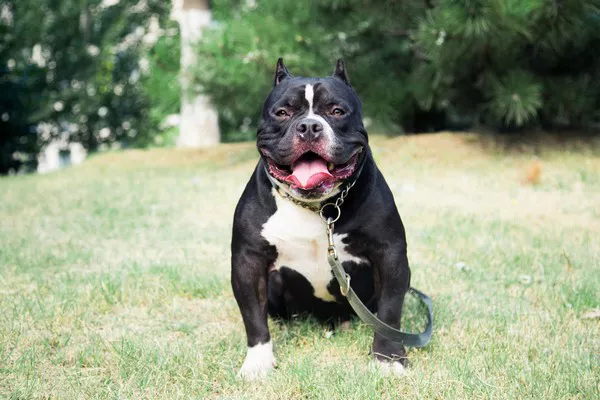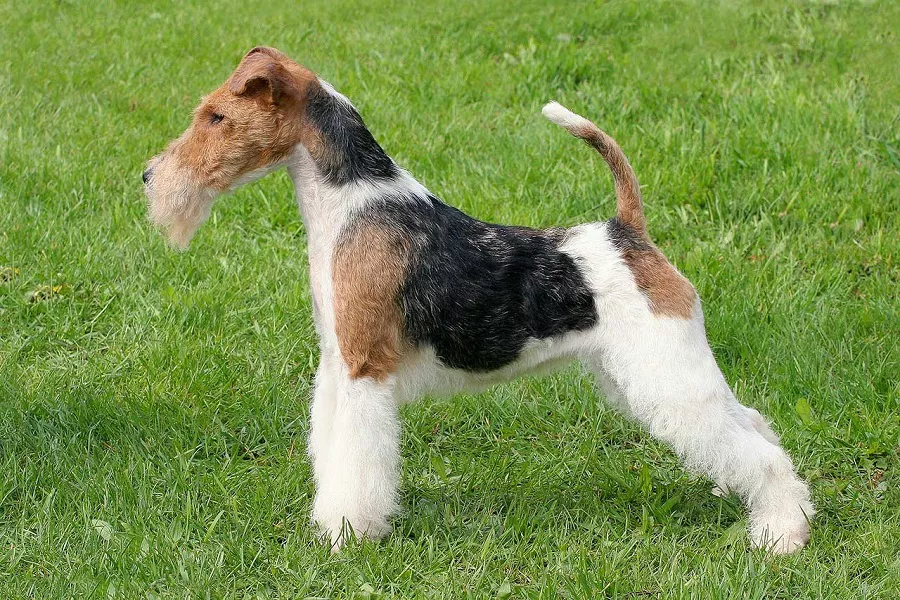We choose to keep dogs because they are attracted by their personality and appearance, but when we bring them home, we find that they are resistant to new things and do not behave as well as we usually see in dogs. Therefore, parents need to be patient to be taught and trained from the beginning.
How many months did the dog train well?
Please bookmark this tutorial in advance!
Defecation training The earliest and most controversial training is to train puppies to defecate outside the house.
Bowel training uses positive reinforcement, which uses a variety of foods and toys as rewards for maximum effect.
In addition to reinforcing the behavior by rewarding the pet when it does it correctly, another key is predicting when the pet will defecate.
Dogs usually defecate when they are walking, eating, drinking or playing or when their parents are not looking.
If training is to be effective, it is necessary to carefully observe the dog’s diet and establish a safe area, which is where the dog will never defecate.
The ideal safe area is the doghouse.
If you don’t have a crate at home, try letting the puppy defecate in the bathroom or laundry room.
Obedience training Making a puppy obey is an interesting topic in training.
Puppies usually need to be seven months old before formal training can begin.
But many puppies often develop bad behavior before they are seven months old, such as a puppy’s inability to learn to sit still, bite every shoe it can find, or jump on every guest.
This can often be misinterpreted as puppies learning bad behavior and failing to learn good behavior, which is a source of conflict.
The solution is to thoroughly review the methods used to train puppies, rather than doubting their ability to learn.
Traditional methods of dog training focus on forcing the dog to obey.
Although coercion can be an effective way to punish serious misbehavior, it is nonetheless forced and will not work well if you want the dog to learn new behaviors.
This coercive approach easily suppresses all behavior, good or bad.
Training dogs too much too early can lead to training failure, and to avoid this, focus on using positive rewards to train correct behavior.
Barking Training We usually don’t want dogs to bark for no reason.
Dogs may bark because of the approach of strangers when a visitor is in the house.
At this point, parents should immediately stop and tell it not to.
When it stops, the parent can give it a slight reward or compliment to let it know that it is the right behavior to stop barking.
If it doesn’t stop, you can use this book to roll it into a tube and tap it gently on the head to let it know it’s wrong, but be sure to pay attention to the force, just to educate it.


























